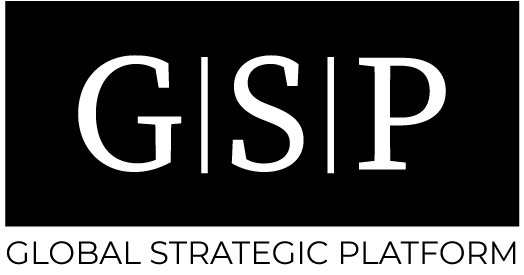The twelfth conference in the cycle,
Africa Sessions 12:
Covid-19 and the resilience of Health Systems in Africa
May 28th 2021 at 17:00, (GMT+1 – London Time).
The COVID-19 pandemic has shown how vulnerabilities in health systems can have profound implications for health, economic progress, trust in governments, and social cohesion. Containing and mitigating the spread and infection rate of the virus continue to be essential. But so is strengthening the capacity of health systems to respond swiftly and effectively. This includes administering COVID-19 vaccines. But questions about production, delivery, equitable and inclusive access to responsive health services remain very important, not least in Africa. A strong health system is the bedrock for emergency preparedness and response. The COVID-19 pandemic has dealt a heavy blow to key health services in Africa, raising worries that some of the continent’s major health challenges could worsen. Immunization campaigns covering measles, yellow fever, polio and other diseases have been postponed in at least 15 African countries this year.
“The COVID-19 pandemic has brought hidden, dangerous knock-on effects for health in Africa. With health resources focused heavily on COVID-19, as well as fear and restrictions on people’s daily lives, vulnerable populations face a rising risk of falling through the cracks,” said Dr Matshidiso Moeti, WHO Regional Director for Africa.
As part of the COVID-19 response, some health workers have received capacity building in infection, prevention and control, some laboratories have been strengthened and data collection and analysis improved. These efforts can support the fight against the virus while also building up health systems.. But how to ensure the continuity of other essential health services by optimizing service delivery settings, redistributing health work force capacity and proposing ways to ensure uninterrupted supply of medicine and other health commodities? What did we learn from the past health crises in Africa? What can the international community do differently and better to support African countries and health institutions in Africa?
PARTICIPANTS

JORGE MOREIRA
DA SILVA
Development Cooperation
Director, OECD
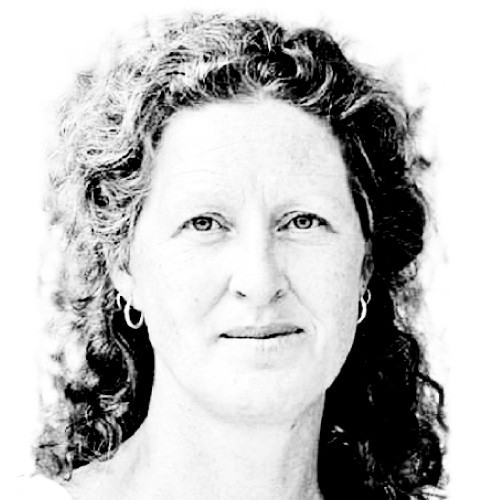
ÁINE
MARKHAM
Vice-President of the
International Board of Doctors,
Without Borders/
Médecins Sans Frontières
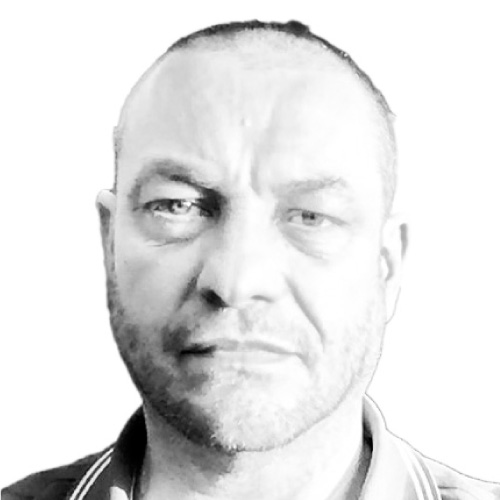
GIULIANO
RUSSO
Lecturer of global health at
Queen Mary University of
London and associate at
Global Policy Institute
CHAIR
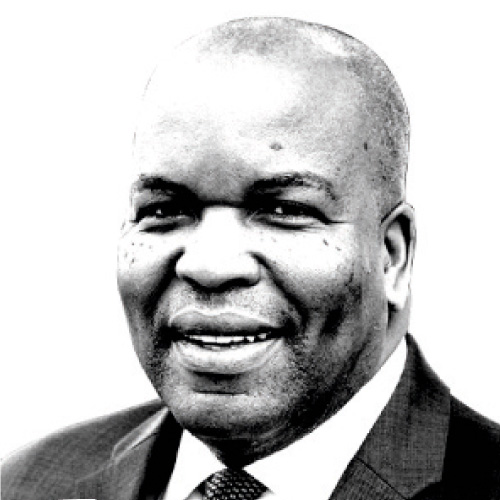
ASSIS
MALAQUIAS
Professor and Chair
of the Department of
Global Studies and
Maritime Affairs at the
California State University
MODERATORS
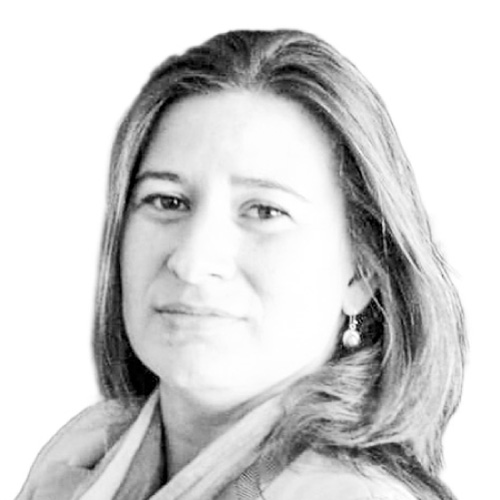
ANA
FERNANDES
Head of the Foresight
Outreach and Policy Reform Unit,
Development Co-operation
Directorate OECD

SHRIKESH
LAXMIDAS
Deputy Editor-in-Chief
of business and
economics newspaper
Jornal Economico

